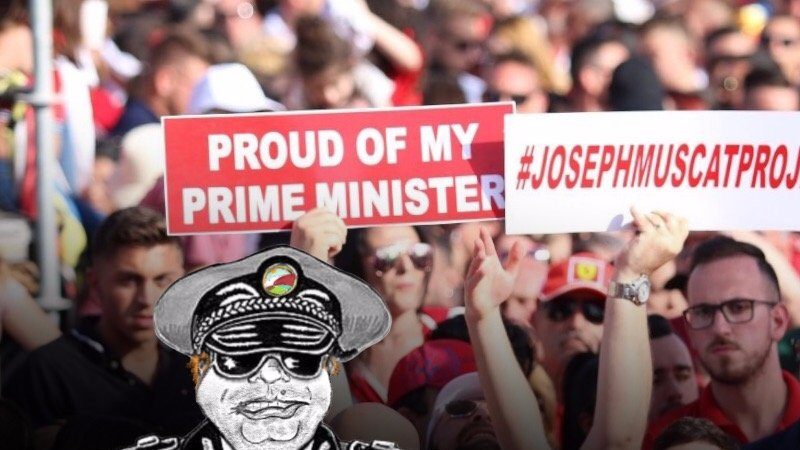If we want to properly understand the strategies of political survival, or as the authors of The Dictator’s Handbook Bruce Bueno de Mesquita and Alastair Smith, put it – the ‘rules to rule by’ – there are a couple of key ideas that we need to dispense with even if they have become deeply entrenched in the collective mind.
The very first concept we must rid ourselves of is the one where we believe that each of us, as individuals, would behave differently given the opportunity. Tut-tutting at the miscreants in politics allows us to blame individuals who have somehow found themselves in a position to make all manner of bad decisions.
Of course we’d never bomb our our own people like Assad did in order to stay in power, and of course we would fire our Chief of Staff if we discovered he or she set up offshore bank accounts in anticipation of graft money. At least, that is what we tell ourselves.
We conclude that each political situation is in fact an anomaly, and one of a kind, and that the person in power was bad to begin with. In reality, things are not so simple and there is in fact a logic, or rather, a set of rules that dictate political behaviour and they must be followed in order to survive.
Unfortunately, political commentary and media pundits have yet to properly explain these rules. For the moment they are simply happy to blame evil-doers for their specific actions without ever asking why the world of politics seems to favour criminal behaviour or turn seemingly good people.
One example is Hungary’s Viktor Orban, once a champion of civil society, who transformed into the right-wing demagogue he is today (the European Parliament voted today to start proceedings against Hungary for breaching the EU’s core values).
Another assumption that needs to be binned, is that politics is about the welfare of “we, the people”. It is not, despite the origin of the word.
Where politics is concerned elements such as ideology, culture, national interest, common good, and so on, don’t really matter. Similarly, we must do away with the conventional ideas about States.
The driving force of all politics in any State is the self-interest of the person at the top
We read about China’s human rights record or Russia’s meddling with US elections, but from the authors’ point of view these definitions don’t make much sense. They say: “States don’t have interests. People do”.
They then proceed to give us the example of President Obama putting together his Afghan policy in order to retain the support from his Democratic – not his national, but his Democratic electoral base – or risk alienating them if he had not announced a withdrawal timetable.
There are plenty of similar examples from Maltese politics. When Prime Minister Joseph Muscat says that “Malta” (there we go again) cannot cope with taking in a few hundred migrants, it’s not because this is in any way true, especially when Muscat had said in Malta needs an influx of foreign workers to maintain current economic growth levels
It’s because if he appears to agree to take in rescued migrants he would immediately lose support from his Labour base first and foremost. The same can be said of the uncontrolled building development uglifying the country.
They have been touted by both political parties as a symbol of economic prosperity that will benefit the entire population, but in reality those that truly benefit are the leading property developers and both political parties remain beholden to them.
In each of these examples, national interest may have been hovering somewhere in the nether regions of the mind, but it was their personal political survival that was the foremost concern.
In sum, the driving force of all politics in any State is the self-interest of the person at the top – the leader.
With this in mind we can start to look at trite expressions so often bandied about such as “Mhux fl-interess tal-Poplu” (not in the public’s interest) or “Malta L’ewwel u qabel kollox” (Malta first and foremost) in a whole new light.
In next week’s installment we shall see that the rules of politics are surprisingly simple but before then we must get used to the idea that, ultimately, politics is about an individual getting to power, keeping that power and controlling as much national revenue along the way, for as long as possible, even if the individual’s motives and aims are decent ones.












